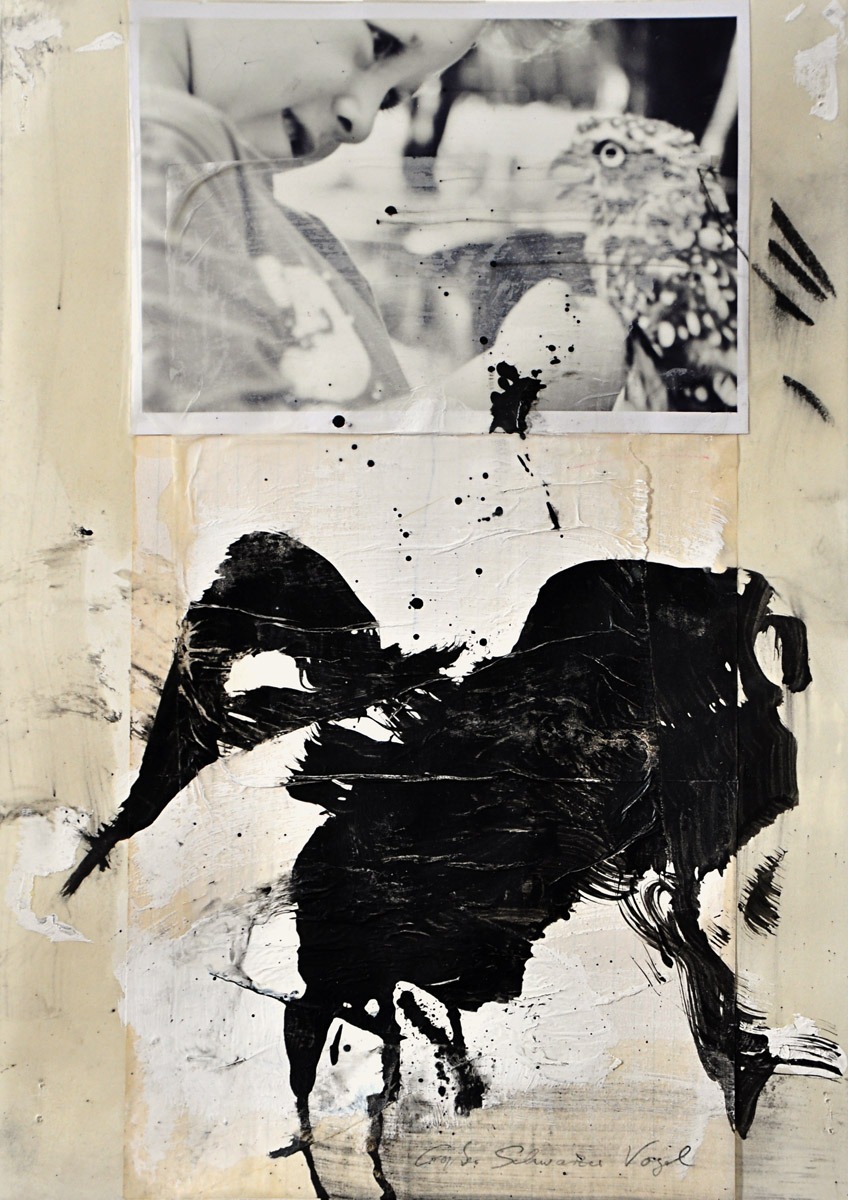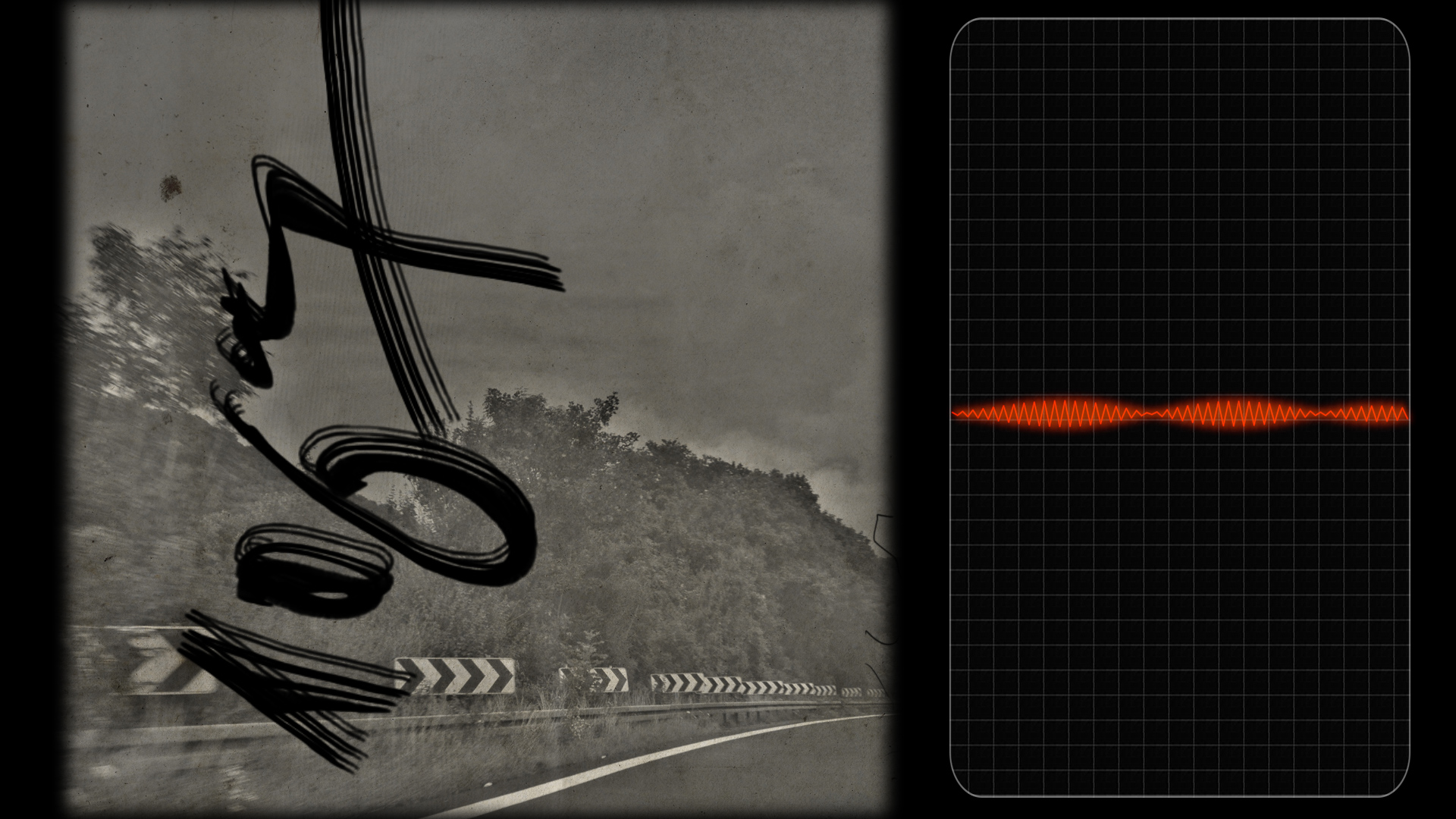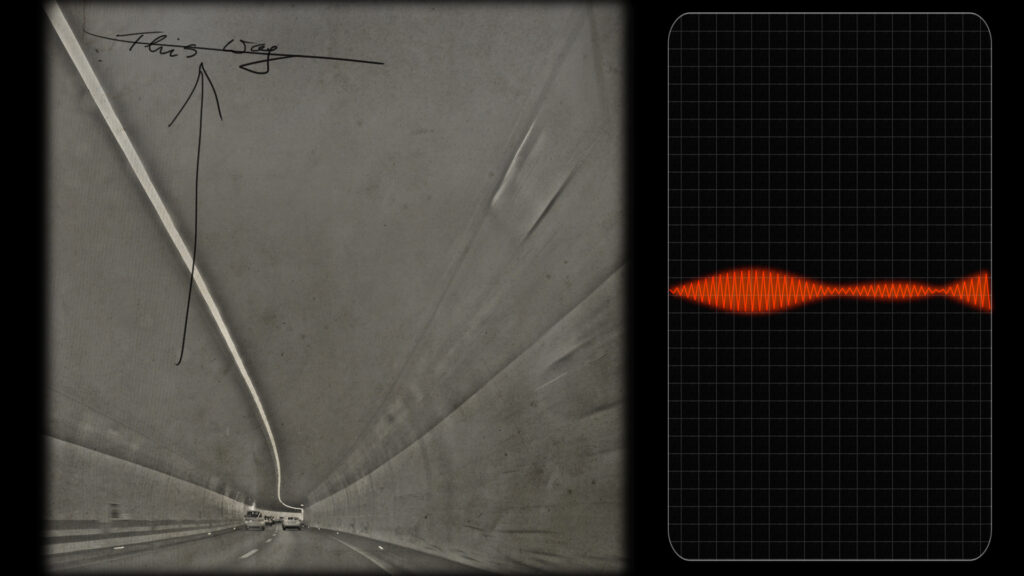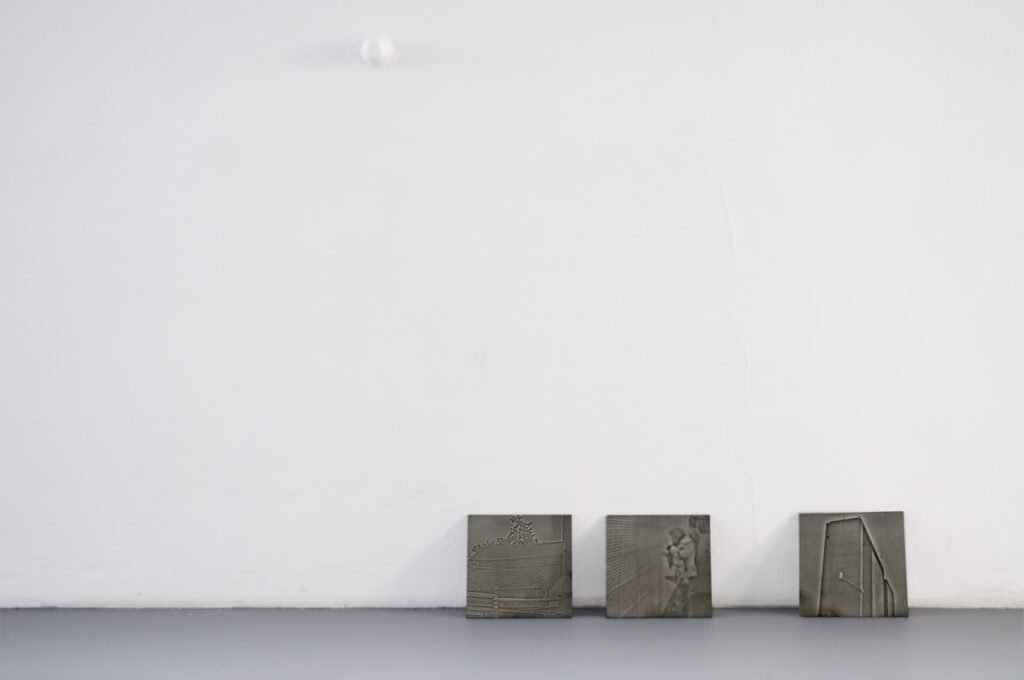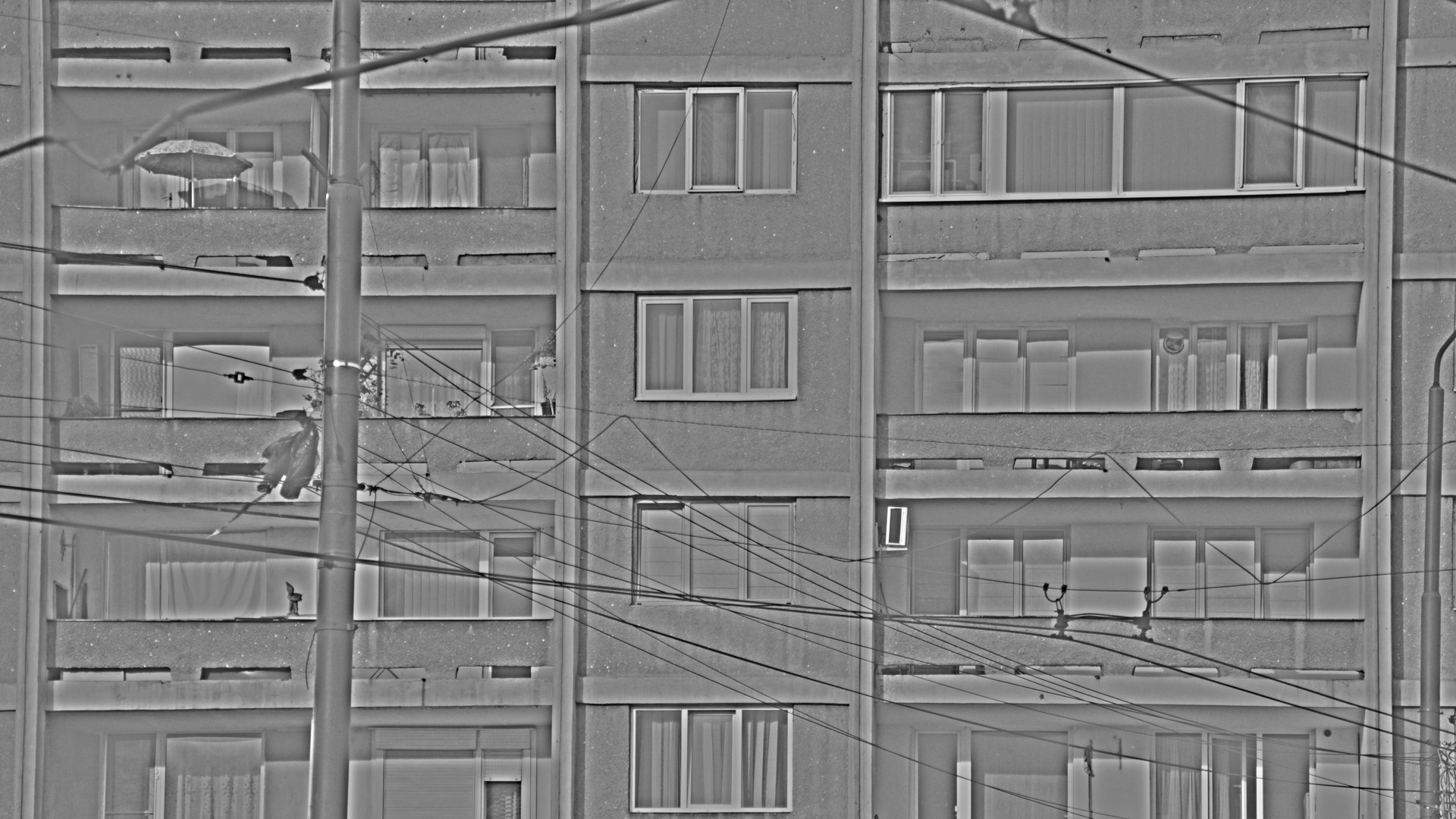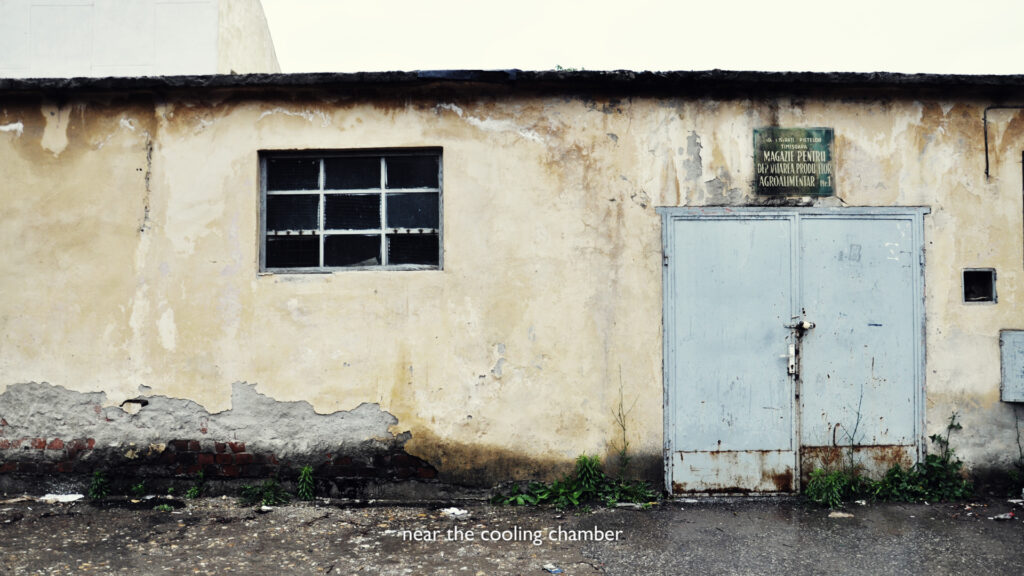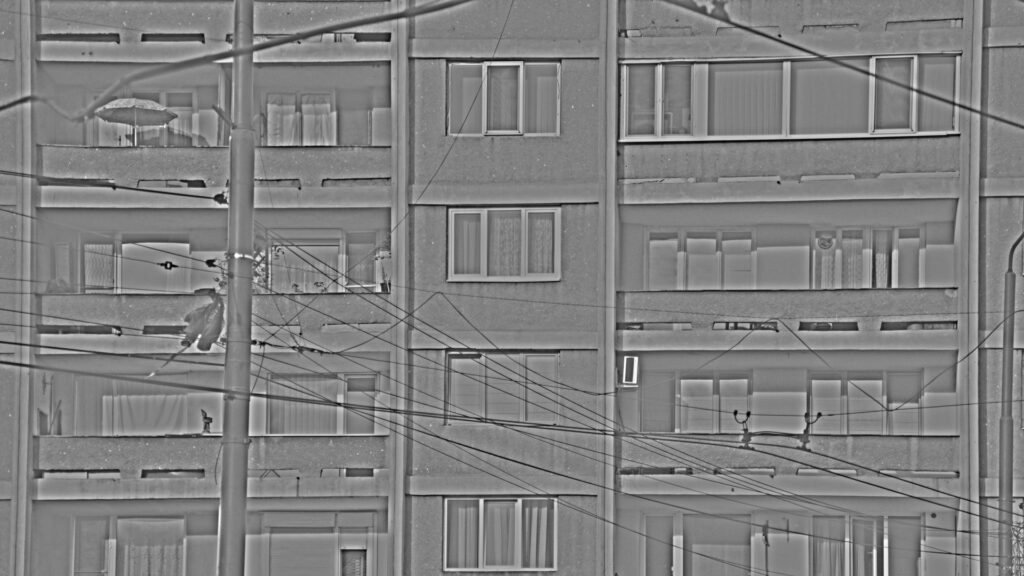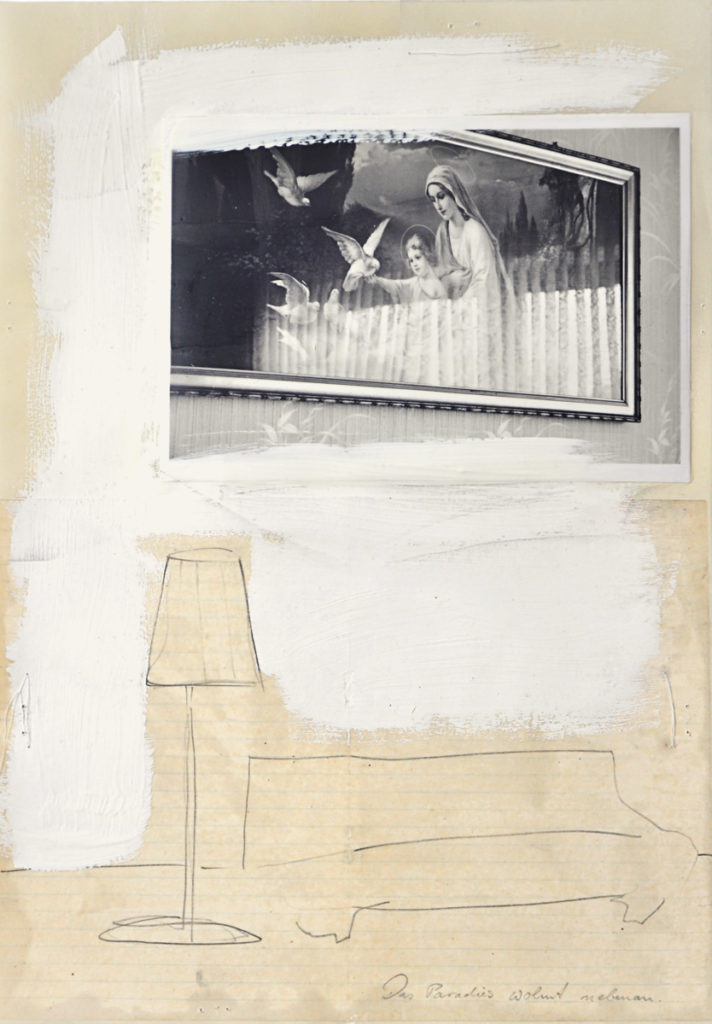
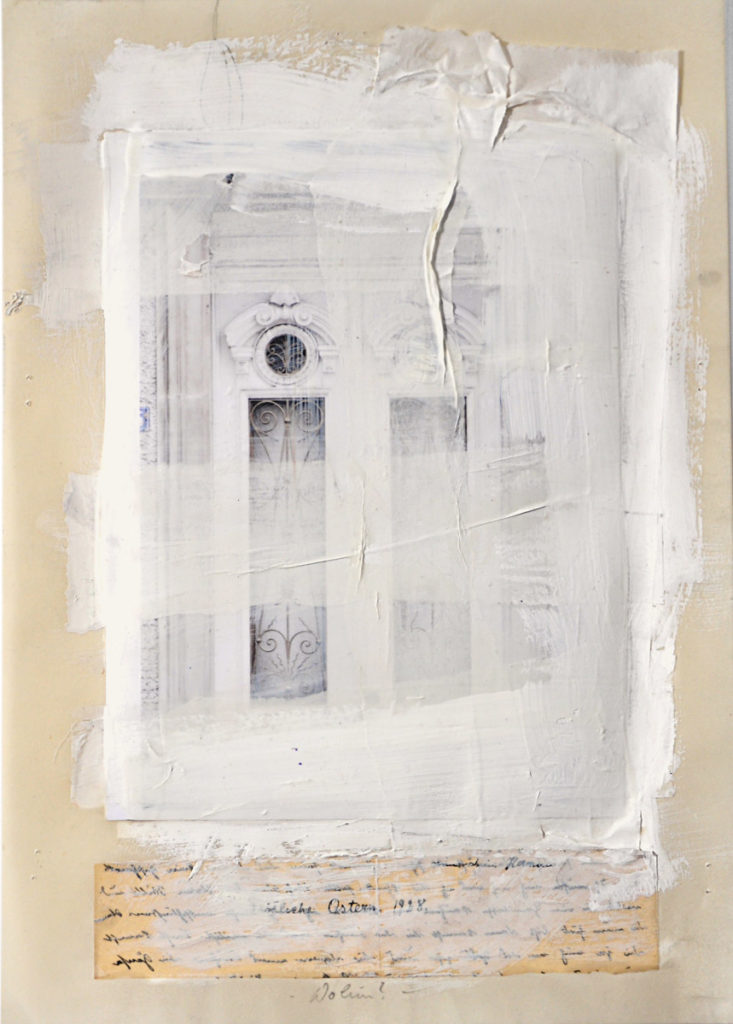
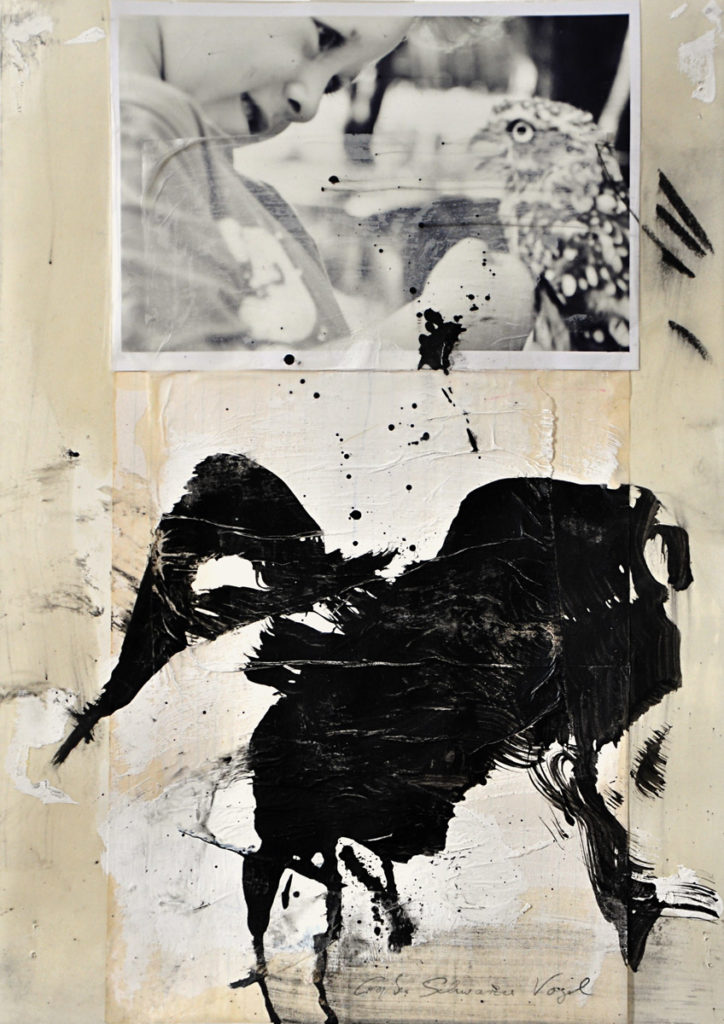
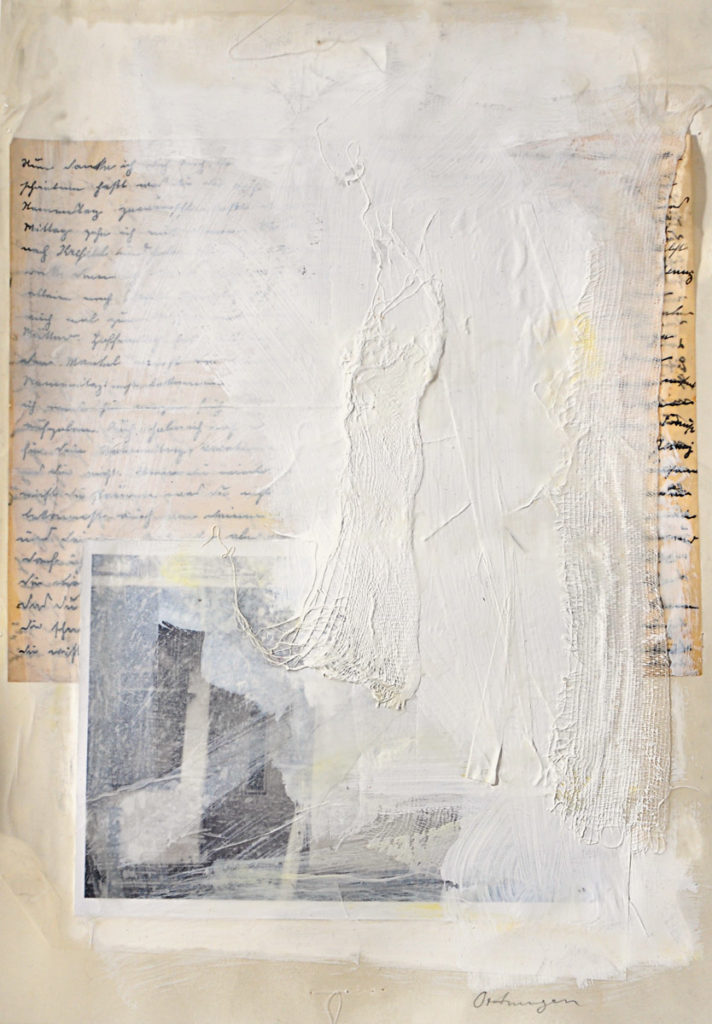
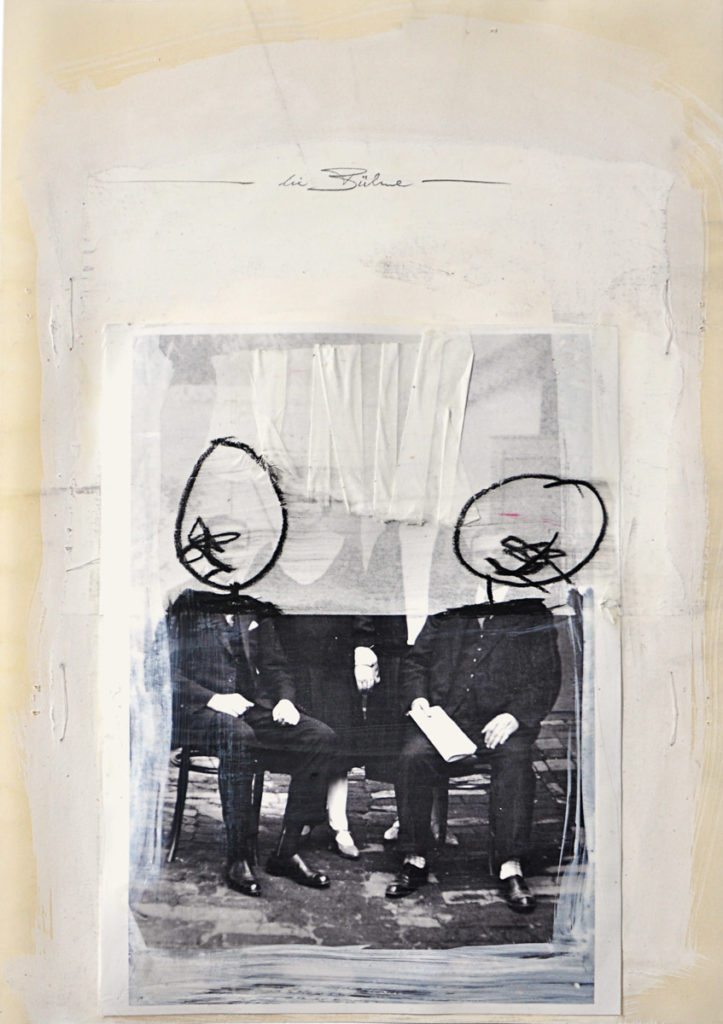
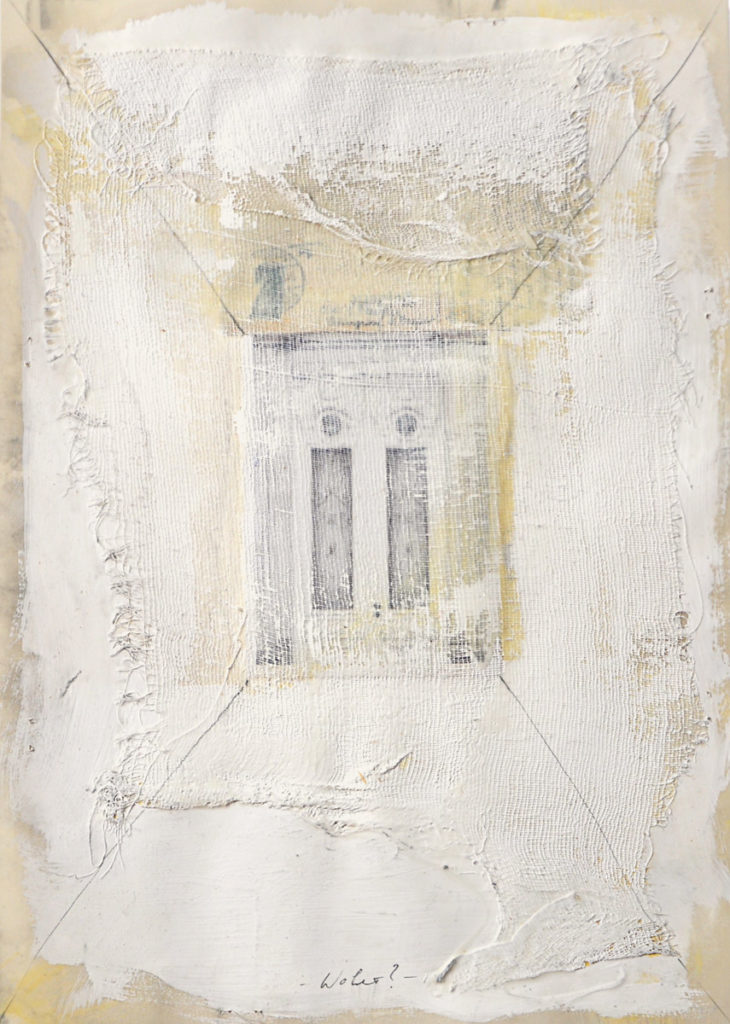
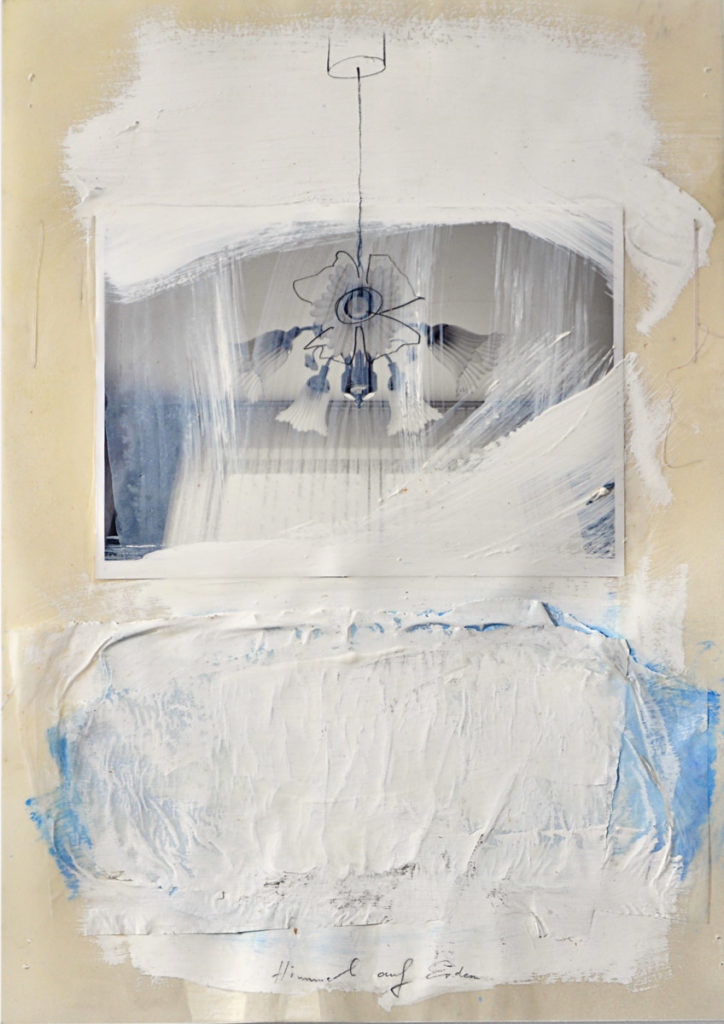
What is memory? Nothing more than a collection of data in long-term memory that is neither objective, nor complete, nor necessarily true. It is also not always available.
But remembering is also a creative process that must always be reinterpreted and is therefore subject to constant change.
The room installation shows 7 processed sheets of paper hanging from the ceiling by a thread. Every breeze created by a passing visitor causes the sheets of paper to rotate, so that they cannot always be seen in their entirety. The result is an overall picture that is fragmentary and constantly changing – just like a memory.
